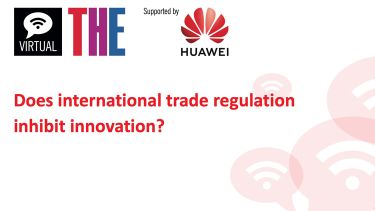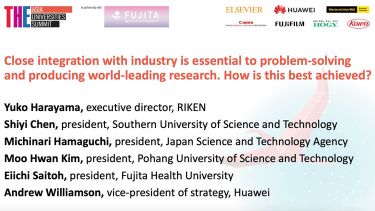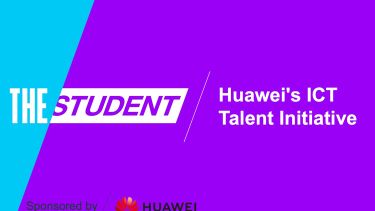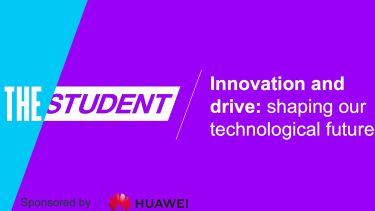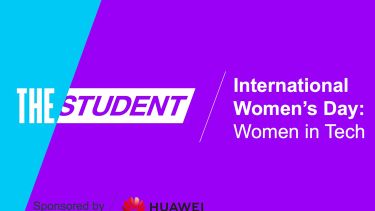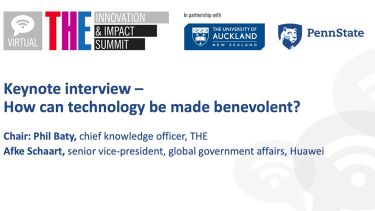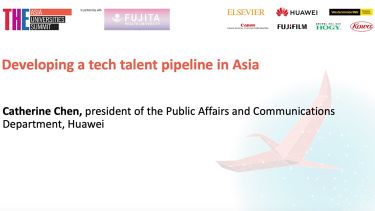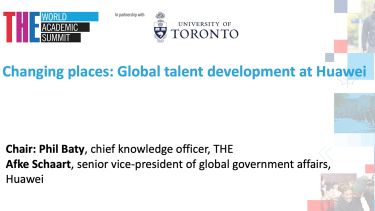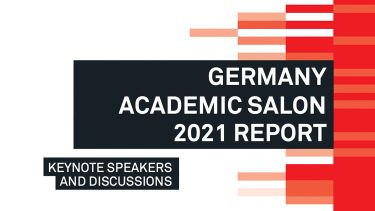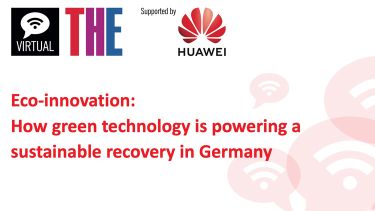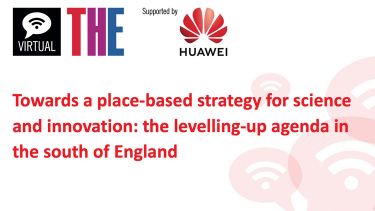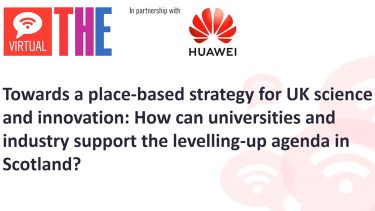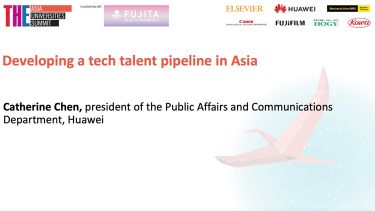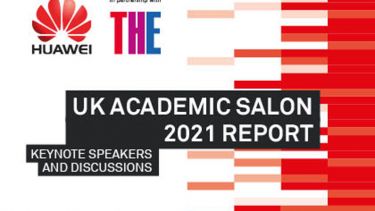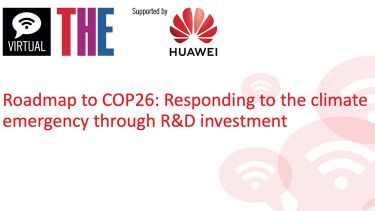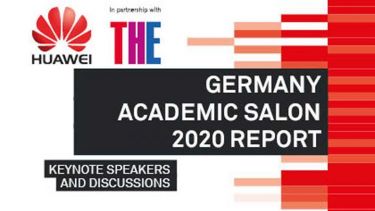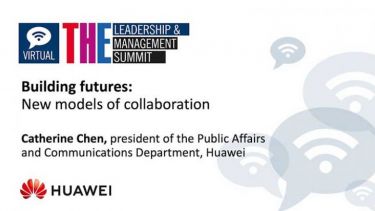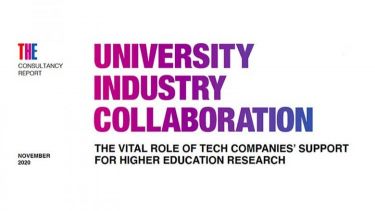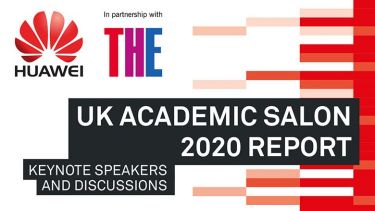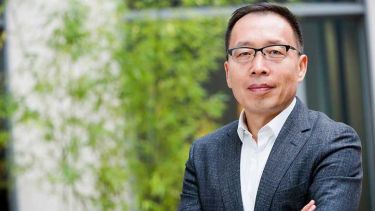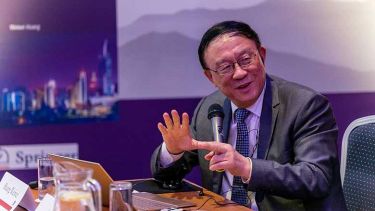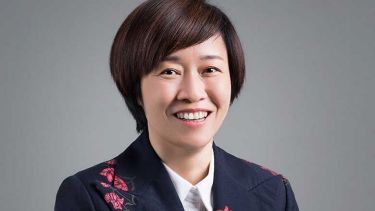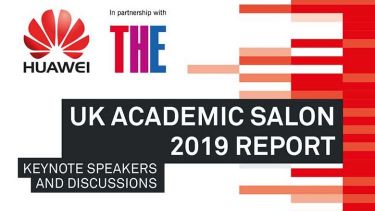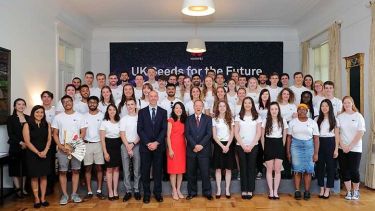The approaching Fourth Industrial Revolution was built on technological innovation, but what steps must society take to fully tap into the potential of digitalisation?
Society’s digitalisation is a crucial step in its transition towards Industry 4.0, but its success is not a matter for technology alone. At an online round-table discussion, hosted by Times Higher Education in partnership with Huawei, leaders from German academia and industry discussed the technological ecosystem and how culture needed to shift, with wholesale buy-in from all sectors of society, if new digital innovations were to be fully exploited.
Not all industries face the same challenges. Speaking from a healthcare perspective, Klaus Kuhn, professor of medical informatics at the Technical University of Munich, said large tech corporations had failed to realise that there was no silver bullet in medicine. There have been many failures in the past, and as Germany moves towards a learning health system, it does so while managing patient caseloads and data issues.
The direction of travel, however, is encouraging. “We have many programmes at the moment, supported by two ministries; supported by the German Research [Foundation], and they are building a national data research infrastructure,” said Dr Kuhn, who added that so many programmes had been established to transform healthcare that it was difficult to keep track. “It is a lot of money, and it will change our hospitals, and it will influence practices and it will influence research.”
As in many sectors, the Covid-19 pandemic has accelerated existing trends. In doing so, it has uncovered gaps in our technological progress. Healthcare is a perfect example of an industry with a vast array of systems and data libraries. Making sense of these to drive better standards of healthcare requires innovation throughout.
Sören Auer, professor of data science and digital libraries at Leibniz University Hannover said that there was huge potential for system and data integration but stressed that more innovative approaches were needed – especially for the effective digitalisation of an entire industry.
“This traditional extract/transform/load paradigm does not scale if you have thousands of different systems and data sources,” said Dr Auer. “That is why I think we have to use more semantic technologies and knowledge graphs to describe the data already in the systems of truth, and the originating system, so that the integration is facilitated and easier – not by reverse engineering the data after it has been generated.”
Defined core data sets and harmonisation were critical. Industry needs the ontological framework if it is going to achieve interoperability. Dr Auer said there was a shortfall in the teaching of semantics and recommended that all computer science undergraduate programmes and related subjects should incorporate it in the curriculum. “If you want to do Industry 4.0 you have a plethora of different IT systems and data sources – often dozens, hundreds or even thousands of them – and you can only master that using a semantics, knowledge graph-based approach.”
Creating an environment in which data can be seamlessly integrated and flow was the ideal. But what of societal resistance to digital services? Support from ministries was positive, said David Wang, chief representative at Huawei Germany, but ultimately, market forces would set the pace of digitalisation, and regulation was creating a bottleneck.
Research in social sciences could not be allowed to fall behind; it was vital that researchers society trusted new tech. “As important as the technology is, we must always think of the social impact if this is going to be a success story,” said Thomas Fetzer, professor of law at the University of Mannheim. “I think we have to work on that.” Professor Fetzer cautioned that there had been many instances in human history when promising technologies lay unexploited. Then, as now, society needed to prepare for them.
The panel:
- Sören Auer, professor of data science and digital libraries, Leibniz University of Hannover
- Phil Baty, chief knowledge officer, Times Higher Education (chair)
- Michael Dowling, professor of innovation management, University of Regensburg
- Thomas Fetzer, professor of law, University of Mannheim
- Klaus Kuhn, professor of medical informatics, Technical University of Munich
- David Wang, chief representative, Huawei Germany
Watch the session on demand above or on the THE Connect YouTube channel.
Find out more about Huawei and higher education.


